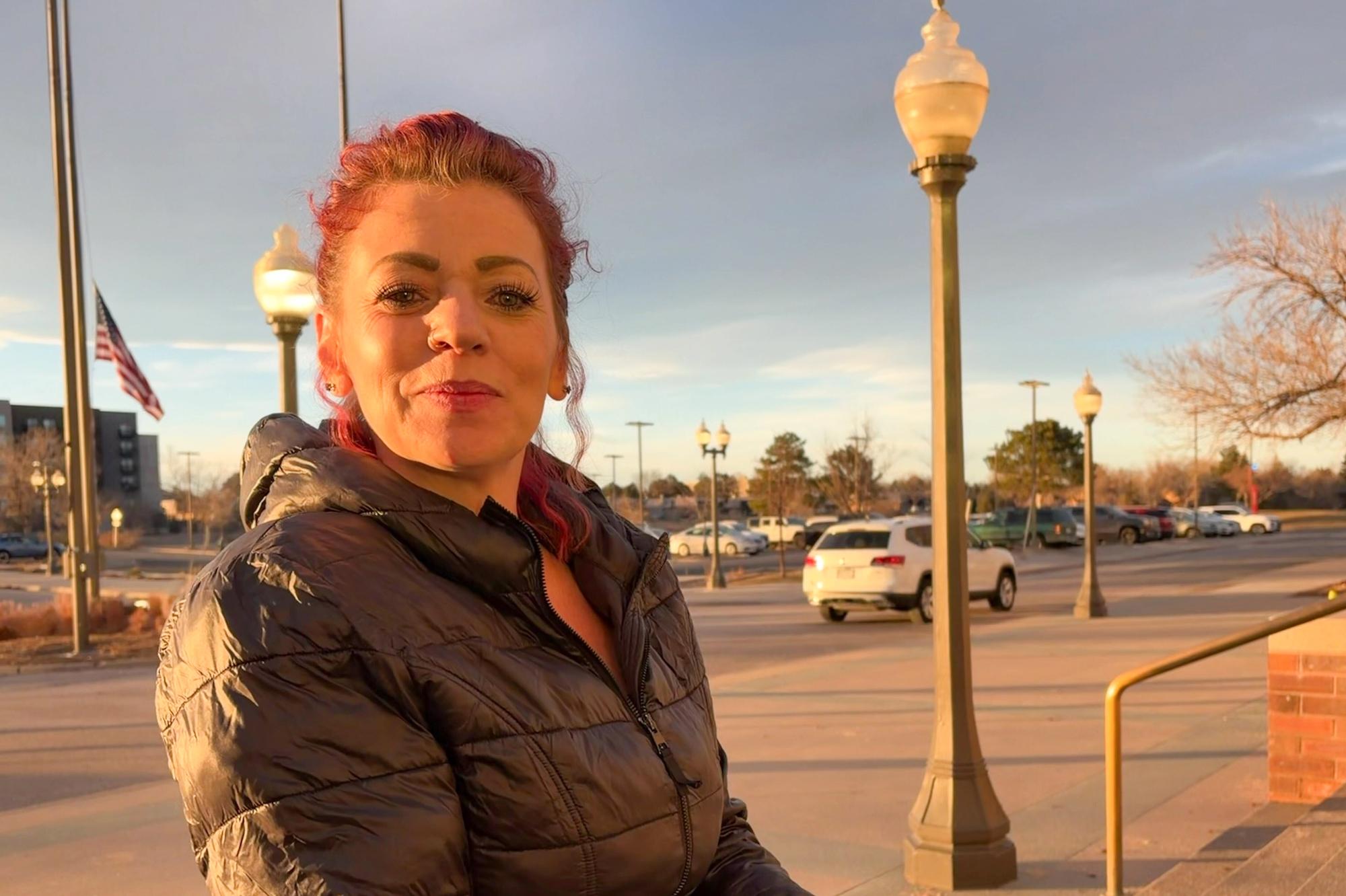
State Sen. Kevin Lundberg, a Berthoud Republican, says the Earth's climate "is not changing any more than it has always been changing through the centuries," adding "but what people think about those changes in the climate has been undergoing a radical transformation, which is not based on real world facts."
Lundberg's statement came in response to a CPR News series on how climate change is affecting Colorado's national parks.
His statement is at odds with a letter from 31 scientific organizations sent to Congress in June, "reminding you of the consensus scientific view of climate change. Observations throughout the world make it clear that climate change is occurring ... This conclusion is based on multiple independent lines of evidence and the vast body of peer-reviewed science."
Colorado State University professor Scott Denning, of the school's Department of Atmospheric Science, disagrees with Lundberg. The two men spoke with Colorado Matters host Ryan Warner.
Interview highlights:
Lundberg on his personal observations of climate change:
"I've been a gardener of all of my life and that's more than 60 years now. And the frost-free date back when I was a kid was May 15. Guess what: It's the same today. I haven't seen any change."
Denning on what science tells us about climate change:
"We've known for 150 years that CO2, just gas in the atmosphere, absorb heat. It absorbs very well the particular wavelengths of heat that are emitted by the earth. ... There's no doubt at all that the heat comes in from the sun and has to get radiated back out to space. And if you absorb some of that heat on the way out through the extra CO2 molecules, that's going to warm things up for the same reason that summer's warmer than winter. ...
"The data from hundreds of different stations around the state show that in fact it has been warming up, just as we would predict from heat-in minus heat-out. It's warmed about 2°F the last 30 years here in Colorado. The snow is melting a couple weeks earlier than it used to.
"But really the serious thing is the future. We've only burned about 10 percent of all the fossil fuel that we have. And Plan A is to burn the other 90 percent, so 10 times as much as we have today. And we think that that will make the world a whole lot warmer and evaporate a lot of water and change things in Colorado in a way that many of us would prefer that that didn't change."
Denning on what science hasn't told us yet:
"We don't know to what degree the ice in Antarctica and Greenland will melt -- all of a sudden, how quickly that can happen. We don't know how much different processes in the atmosphere might amplify this warming. So there's questions about the degree and the rate of the warming."
Lundberg on the causes of climate change:
"I thoroughly except the fact that we are seeing some global warming and we have been seeing it since the little ice age several hundred years ago. And since 1850 or so there's been a more consistent pattern of increase. But what I don't see: This perspective that says 'it's just exploding.' We've been hearing that for the last 20 years or so. Well, go back 20 years ago and look at the predictions that were made then and then put us here today. And what you'll see is a whole lot less than what was predicted. ...
"Climate change occurs much more from the natural progression of things rather than the human influences that we're being told. And I am convinced of that."
Lundberg on his main concern regarding climate policy:
"Across the world, we see literally trillions of dollars of resources being devoted to controlling our carbon output. And this is at great expense to everything else that could be done for the betterment of mankind. But instead we're running after this one theory that has yet to be fully understood. ...I can tell you as a public policy guy, I see a lot more political science than hard science being thrown into this argument."
"The plans that are in place from the Obama administration right now to reduce the carbon output of the power utilities will require a 30 percent increase in electric rates for the cities of Fort Collins, Loveland, Longmont and Estes Park. That's not for free. And that's just getting started."
Denning on the cost of reducing carbon emissions:
"My grandparents generation ripped up all the streets in laid sewer pipes and a ran hot and cold running water up and down buildings, and put in toilets and showers. I'm really glad they did that. And my parents' generation build the interstate highway system at a phenomenal expense. I'm glad they did that. My own generation built the Internet, replaced land lines with with mobile phones.
"And each of these things was phenomenally expensive, certainly on the scale with the kind of things that are being contemplated to reduce carbon emissions. But they were worth it. And they weren't things that made us go broke. They are things that make life better for all of us.
"Now it's time for the next generation to to pick up and do like our ancestors have done: build infrastructure that makes the world a better place that we can all live in."









